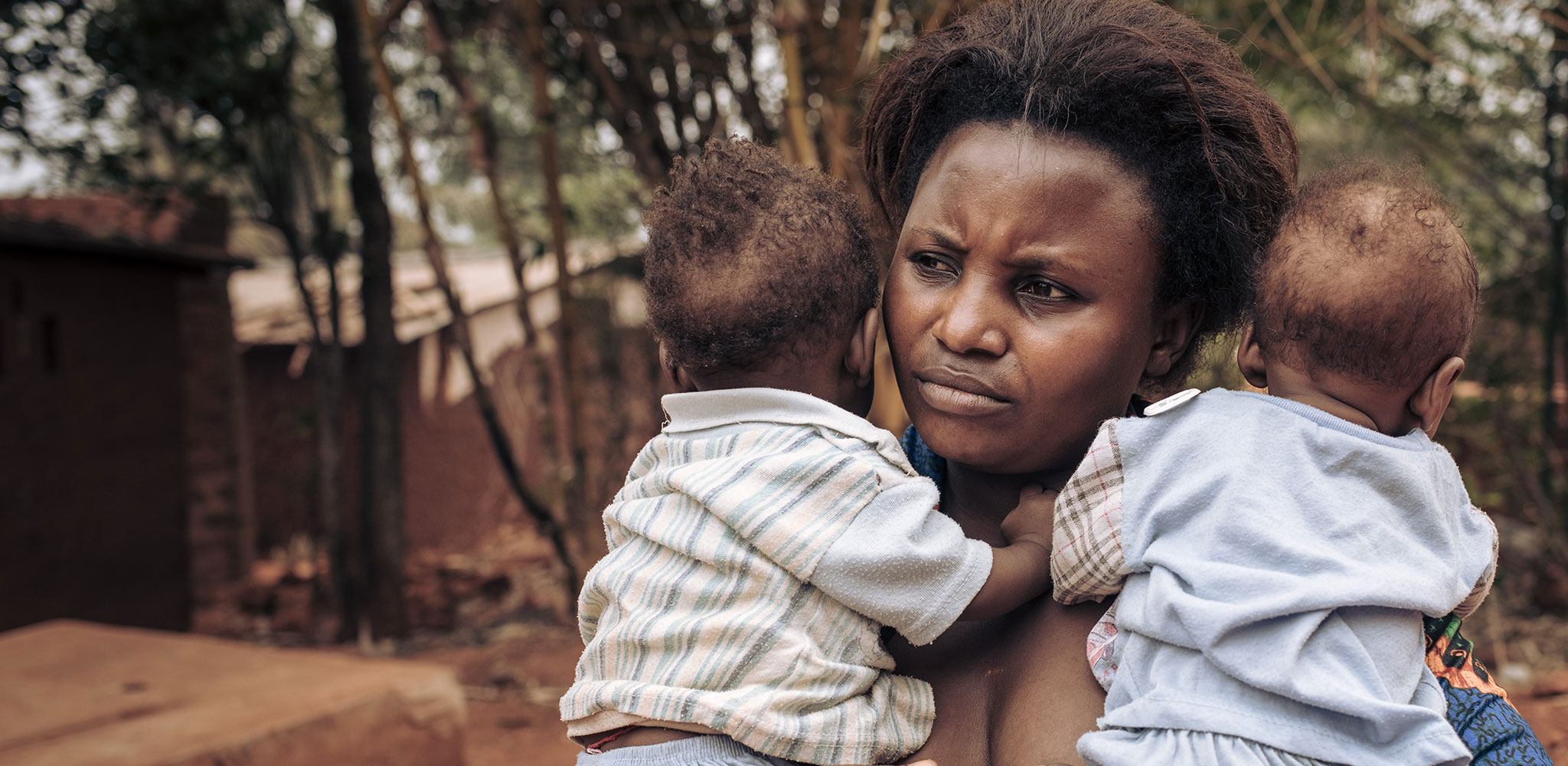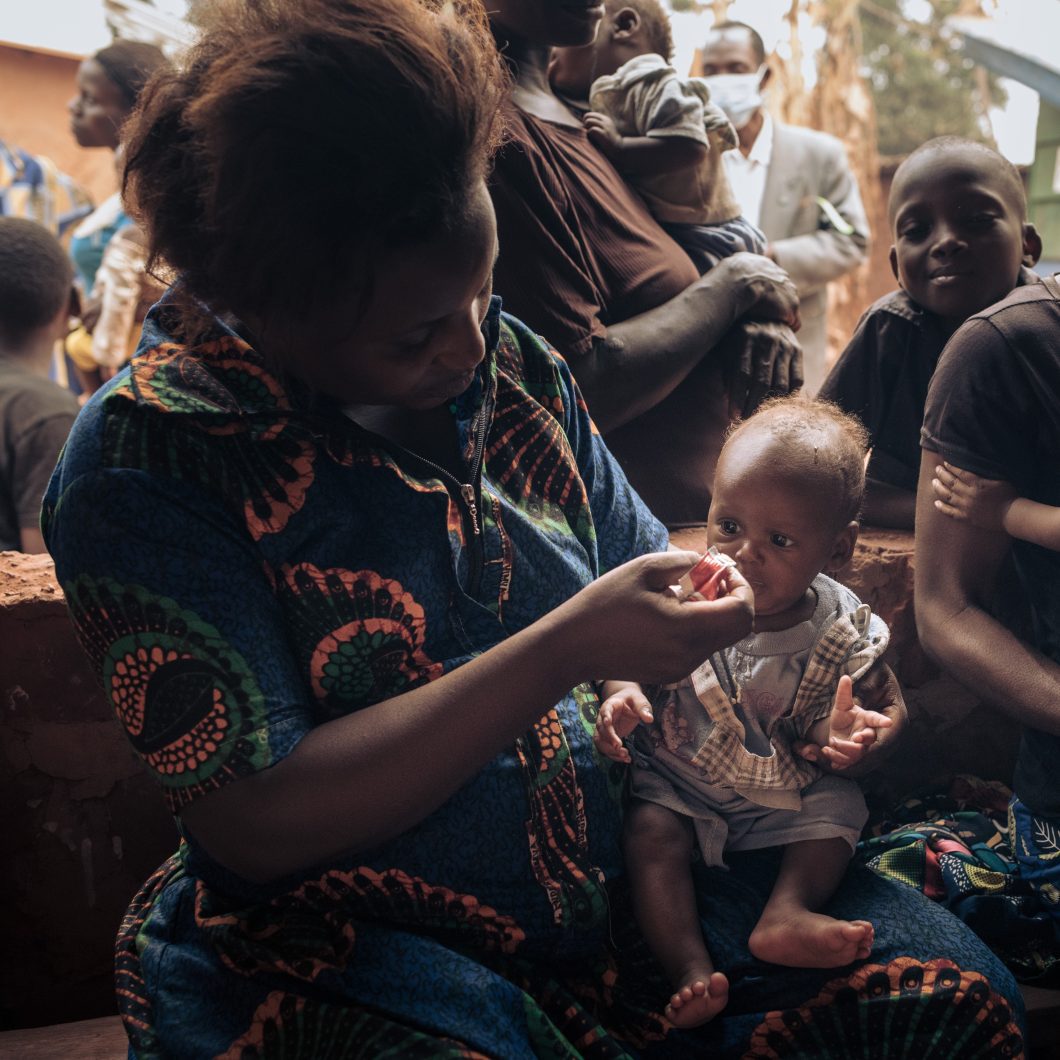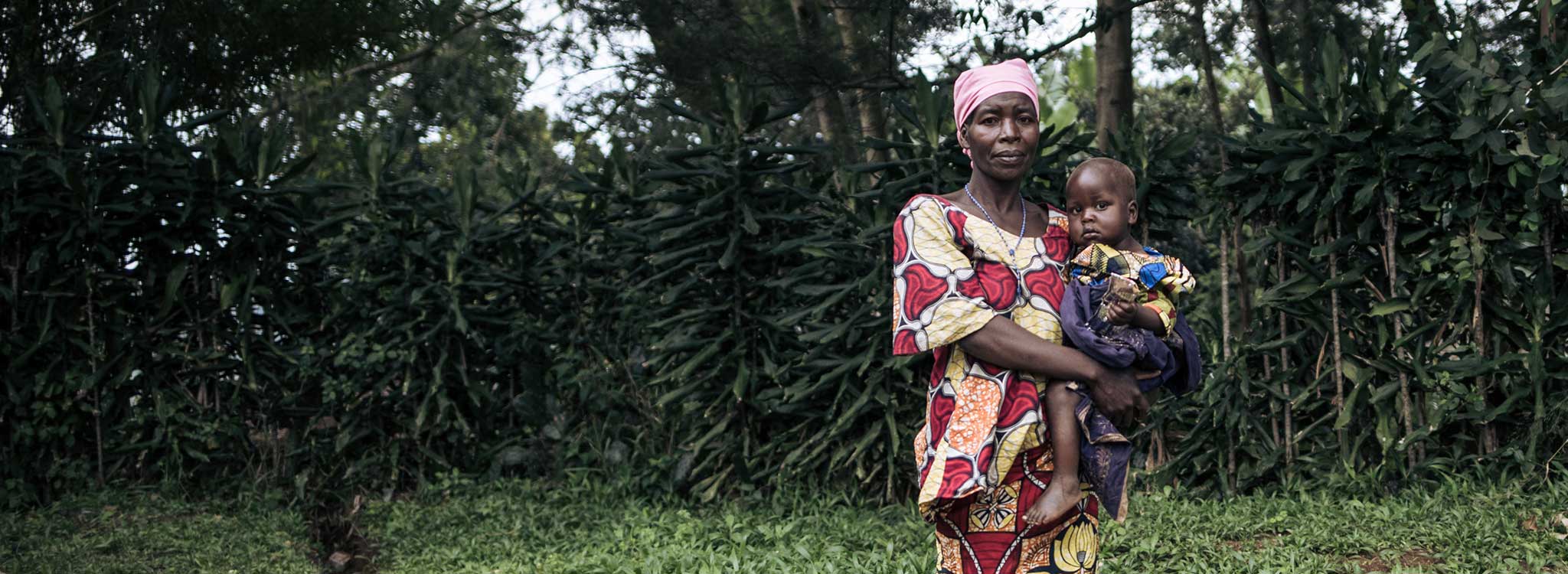The number of children with severe malnutrition is rising by the day in the Democratic Republic of Congo.
40% of children are currently suffering from life-threatening hunger.
And many children won’t survive the coming months.
Families have endured armed conflict and food shortages for years. And most people can’t access healthcare services at all.
You can save lives of malnourished children in Congo. Will you help us stop life-threatening hunger in its tracks by donating today?





